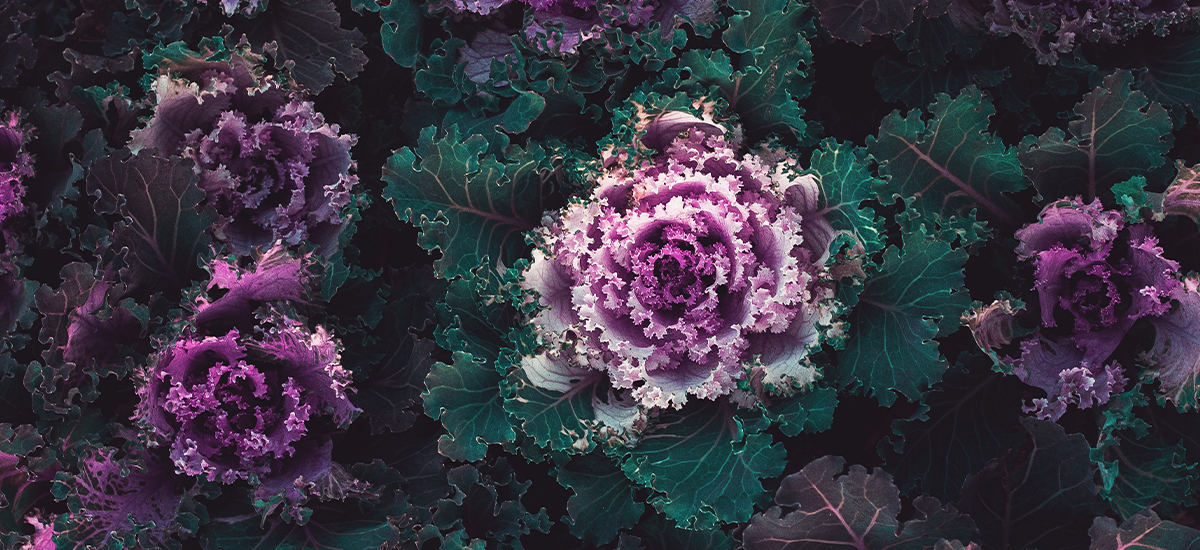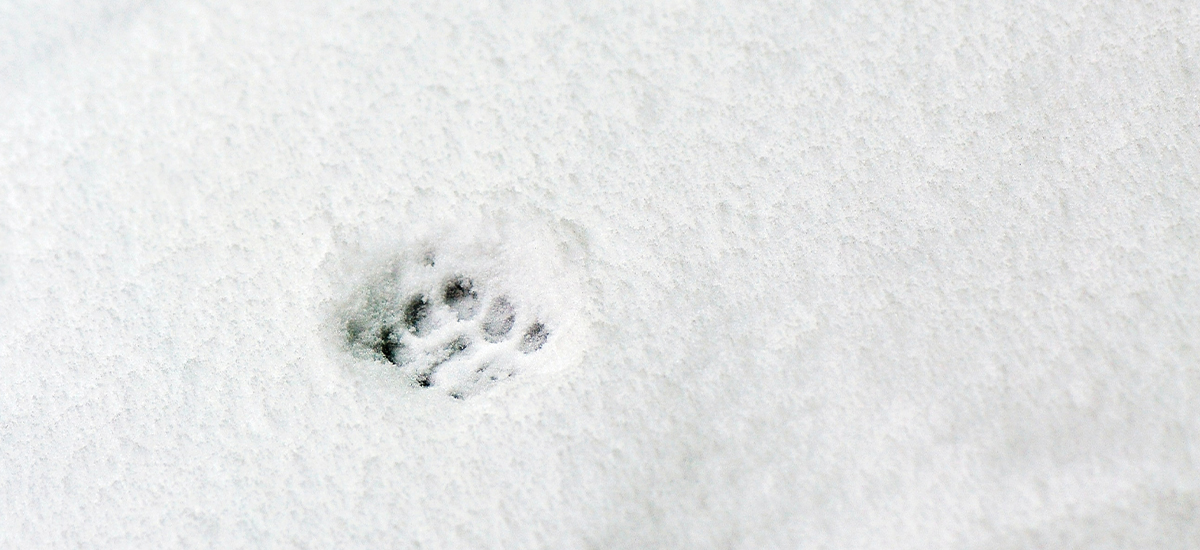Some Things I Do For Health and Self-care

I am fully aware that we can eat kilos of kale and still keel over from a heart attack at an early age; that we can do all these so-called ‘good things’ and be deeply miserable (and thus perhaps more likely to have a heart attack) – and that a person can smoke, drink lots of alcohol, eat plenty of processed food and live a happy, long life. I am also fully aware that having a properly funded and freely accessible health care system is very important to our well-being.
Bearing all this in mind, I do hope that some of these practices – ideas, proposals, suggestions –
might be useful. Some of these practices will definitely not work for some people (such as barefoot walking when energy levels are low is not a good idea). Some people have done some of these practices and found them to be helpful for health and well-being, such as myself.

• Cultivate friendships and make connections – good friends are worth their weight in gold. What is clear from many studies is that the very best practice that we can do for our individual health is community and connection. So weave social webs. Reach out to others in ways that are appropriate and sustainable for you (this varies tremendously between people). Know that loneliness can be as damaging for health as poor nutrition and obesity. Community is a precious gift – and this preciousness is best experienced through being physically together. And while online interactions can be a lifeline and very valuable, they are different than actual in-person proximity – different but not necessarily deficient.
• Movement – move in as many different directions as possible; move slowly, move quickly, move as yoga, move as martial arts, move as walking, move as weight lifting, move as cycling, move as dance – just move!
• Each morning, as well as brushing teeth, tongue scraping (with a metal utensil) – and neti (pouring warm water with a teaspoon of salt up one nostril and out the other).
• Each morning, a mouthwash of warm water with a teaspoon of salt and a few drops of tea tree oil.
• Each morning, drink a pint of slightly warm water; many years ago a yoga teacher suggested that I drink two pints each morning. I followed her advice and felt drained – so I stopped. Moral: do not take health advice from a yoga teacher (nor financial advice).
• In that morning pint, add some drops of gingko biloba (potentially good for brain health) and echinacea (potentially good for immune system).
• Pour hot water over lumps of ginger; let this cool and this becomes my drink during the day.
• Every morning, take supplements as needed (I take Vitamin C, Vitamin D, Magnesium, a multivitamin and a flax seed oil tablet).
• Every morning, do barefoot walking outdoors; a great way of getting grounded – plus an excellent exercise for feet.
• Meditate and do movement every morning (this categorically does not always happen). My ideal practice is 30 minutes meditation and 30 minutes stretching movement (which also includes some strengthening exercises).
• Breakfast by 10am; often this is porridge (I find this a good way to start the day). With the porridge, I have honey, prunes and toasted seeds. I also love a morning cup of coffee. Breakfast like a monarch, in the words of that old saying…
• How we are is significantly influenced by what we eat; this is not rocket science. Keep it simple: minimise processed foods, maximise fruit and vegetables; less sugar (pure, white and deadly) and more grains, nuts, beans. To quote Michael Pollan: “Eat food. Not too much. Mostly plants.”
• Have a gap of 12 hours between food in the evening and food in the morning.
• As much home-cooked food as possible. This is one of the best things we can do for our health: cooking our own food.
• Aim to eat at least 30 different types of food each week. This is easier than it might sound (such as just in my above-mentioned porridge, there are eight different types of food). Good for our gut microbiome which can be a crucial foundation for our health.
• One of my main ways of movement is through walking. I aim to do an average of 10,000 steps each day. On the occasional days that I do substantially more steps than this, my feet can really feel it – this is probably a good teaching of moderation!
• Cold water: great for waking up, possibly good for skin, could be helpful for heart functioning, perhaps improving vagal tone (so good for the parasympathetic nervous system). I frequently splash cold water over my face several times a day; after a hot shower, I have about 15-30 seconds of cold water.
• Being on our own. Alone time can be crucial, whether sitting on my own in a cafe or spending two weeks alone in a seaside caravan. Such space is a good way to recharge and replenish (I also find such space can be highly creative).
• Minimising social media. A good question: what are the internet algorithms plus our feeds, our staring at screens and our online interactions doing to our psychological states and our emotional experiences? Certainly there are some positives, also plenty of negatives. The more discipline we can exercise around using social media, the better. Easy to write; difficult to do…
• On the subject of social media, sometimes simple strategies can work well. For example, I have neither Facebook nor Instagram on my phone – such a relief.
• Ovid (a Roman poet, 1st century CE) wrote: “difficulty is what wakes up genius”. Perhaps he was trying to make the point that challenges and stimulations (which might also be called ‘stress’) can be helpful for us. Stress within particular conditions does build resilience and can make us more robust.
• Intellectual stimulation: feeding our mind with new ideas, new ways of doing things, new experiences.
• Standing on a shakti/acupressure mat (where many little needles press into soles of feet). And using a wobble board – great for improving balance skills.
• Standing on one leg while brushing teeth (one leg for upper jaw teeth; other leg for lower jaw teeth). Another way to improve those balance skills.
• Playing games (this is something that I could certainly do a lot more!).
• If possible, waking up without an alarm clock.
• Being outside and seeing the sky – simply enjoying nature, the spaciousness of outside, appreciating the natural environment, hugging trees. Sometimes this is called ‘forest bathing’. Contact with nature is hugely beneficial for our well-being.
• Skin brushing: I do this before a shower and brush towards my heart.
• A cup of green tea every day. This might be helpful for heart and brain functioning.
• When leaving the house in the morning, I pack my bag the evening before – this just makes life a little easier (and these small eases can add up).
• Regular journaling – with an aim to do this at least three times a week.
• Aspiring to take some moments of conscious gratitude and appreciation. Life is short; our time is limited – valuing what we have is absolutely fundamental. Sometimes I write down what I am feeling grateful for; sometimes I just bring particular events to mind; sometimes I talk about these appreciations with friends. And I have a box where I keep mementoes that remind me of these moments.
• Allowing myself to reflect on my joys and focus on my happiness is a profound practice that helps to diminish the negativity bias that is undeniably inbuilt in my own experience and, in my view, in nearly everyone else’s experience.
• Movement – move in as many different directions as possible; move slowly, move quickly, move as yoga, move as martial arts, move as walking, move as weight lifting, move as cycling, move as dance – just move!
• Each morning, as well as brushing teeth, tongue scraping (with a metal utensil) – and neti (pouring warm water with a teaspoon of salt up one nostril and out the other).
• Each morning, a mouthwash of warm water with a teaspoon of salt and a few drops of tea tree oil.
• Each morning, drink a pint of slightly warm water; many years ago a yoga teacher suggested that I drink two pints each morning. I followed her advice and felt drained – so I stopped. Moral: do not take health advice from a yoga teacher (nor financial advice).
• In that morning pint, add some drops of gingko biloba (potentially good for brain health) and echinacea (potentially good for immune system).
• Pour hot water over lumps of ginger; let this cool and this becomes my drink during the day.
• Every morning, take supplements as needed (I take Vitamin C, Vitamin D, Magnesium, a multivitamin and a flax seed oil tablet).
• Every morning, do barefoot walking outdoors; a great way of getting grounded – plus an excellent exercise for feet.
• Meditate and do movement every morning (this categorically does not always happen). My ideal practice is 30 minutes meditation and 30 minutes stretching movement (which also includes some strengthening exercises).
• Breakfast by 10am; often this is porridge (I find this a good way to start the day). With the porridge, I have honey, prunes and toasted seeds. I also love a morning cup of coffee. Breakfast like a monarch, in the words of that old saying…
• How we are is significantly influenced by what we eat; this is not rocket science. Keep it simple: minimise processed foods, maximise fruit and vegetables; less sugar (pure, white and deadly) and more grains, nuts, beans. To quote Michael Pollan: “Eat food. Not too much. Mostly plants.”
• Have a gap of 12 hours between food in the evening and food in the morning.
• As much home-cooked food as possible. This is one of the best things we can do for our health: cooking our own food.
• Aim to eat at least 30 different types of food each week. This is easier than it might sound (such as just in my above-mentioned porridge, there are eight different types of food). Good for our gut microbiome which can be a crucial foundation for our health.
• One of my main ways of movement is through walking. I aim to do an average of 10,000 steps each day. On the occasional days that I do substantially more steps than this, my feet can really feel it – this is probably a good teaching of moderation!
• Cold water: great for waking up, possibly good for skin, could be helpful for heart functioning, perhaps improving vagal tone (so good for the parasympathetic nervous system). I frequently splash cold water over my face several times a day; after a hot shower, I have about 15-30 seconds of cold water.
• Being on our own. Alone time can be crucial, whether sitting on my own in a cafe or spending two weeks alone in a seaside caravan. Such space is a good way to recharge and replenish (I also find such space can be highly creative).
• Minimising social media. A good question: what are the internet algorithms plus our feeds, our staring at screens and our online interactions doing to our psychological states and our emotional experiences? Certainly there are some positives, also plenty of negatives. The more discipline we can exercise around using social media, the better. Easy to write; difficult to do…
• On the subject of social media, sometimes simple strategies can work well. For example, I have neither Facebook nor Instagram on my phone – such a relief.
• Ovid (a Roman poet, 1st century CE) wrote: “difficulty is what wakes up genius”. Perhaps he was trying to make the point that challenges and stimulations (which might also be called ‘stress’) can be helpful for us. Stress within particular conditions does build resilience and can make us more robust.
• Intellectual stimulation: feeding our mind with new ideas, new ways of doing things, new experiences.
• Standing on a shakti/acupressure mat (where many little needles press into soles of feet). And using a wobble board – great for improving balance skills.
• Standing on one leg while brushing teeth (one leg for upper jaw teeth; other leg for lower jaw teeth). Another way to improve those balance skills.
• Playing games (this is something that I could certainly do a lot more!).
• If possible, waking up without an alarm clock.
• Being outside and seeing the sky – simply enjoying nature, the spaciousness of outside, appreciating the natural environment, hugging trees. Sometimes this is called ‘forest bathing’. Contact with nature is hugely beneficial for our well-being.
• Skin brushing: I do this before a shower and brush towards my heart.
• A cup of green tea every day. This might be helpful for heart and brain functioning.
• When leaving the house in the morning, I pack my bag the evening before – this just makes life a little easier (and these small eases can add up).
• Regular journaling – with an aim to do this at least three times a week.
• Aspiring to take some moments of conscious gratitude and appreciation. Life is short; our time is limited – valuing what we have is absolutely fundamental. Sometimes I write down what I am feeling grateful for; sometimes I just bring particular events to mind; sometimes I talk about these appreciations with friends. And I have a box where I keep mementoes that remind me of these moments.
• Allowing myself to reflect on my joys and focus on my happiness is a profound practice that helps to diminish the negativity bias that is undeniably inbuilt in my own experience and, in my view, in nearly everyone else’s experience.

To be super-clear: after years of doing these various things – I still get irritated and annoyed and frustrated and eat too much chocolate (though less than in the past) and have strong desires and strong aversions. These ideas are not magic wands. However, these can be ways towards turning down the inner intensities, ways of making some spaces in which to pause – and in that pausing, reactivity might be more responsive, thus potentially calmer and wiser.
May some of these practices be helpful…
May some of these practices be helpful…









